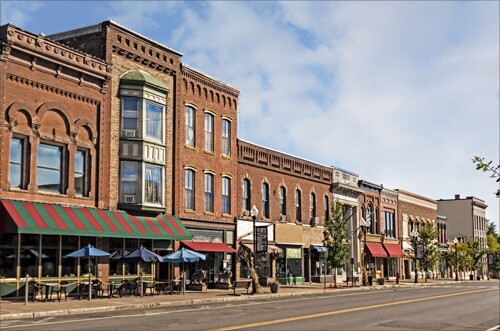

On the mistakes that community banks make when trying to hire and retain fresh talent:
Related Article:

On the suggestion that banks model their approach to corporate branding on powerful political personalities like Donald Trump and Bernie Sanders:
Related Article:

On the dearth of strategic advice available to community banks in the middle range of asset size:
Related Article:

On whether community banks themselves are to blame for the lack of conferences that cater to their needs:
Related Article:

On why the community banks need advice tailored to their specific circumstances:
Related Article:

On the reasons why some merchants have seen interchange expenses rise since the Federal Reserve instated rules governing debit-card swipe fees:
Related Article:





